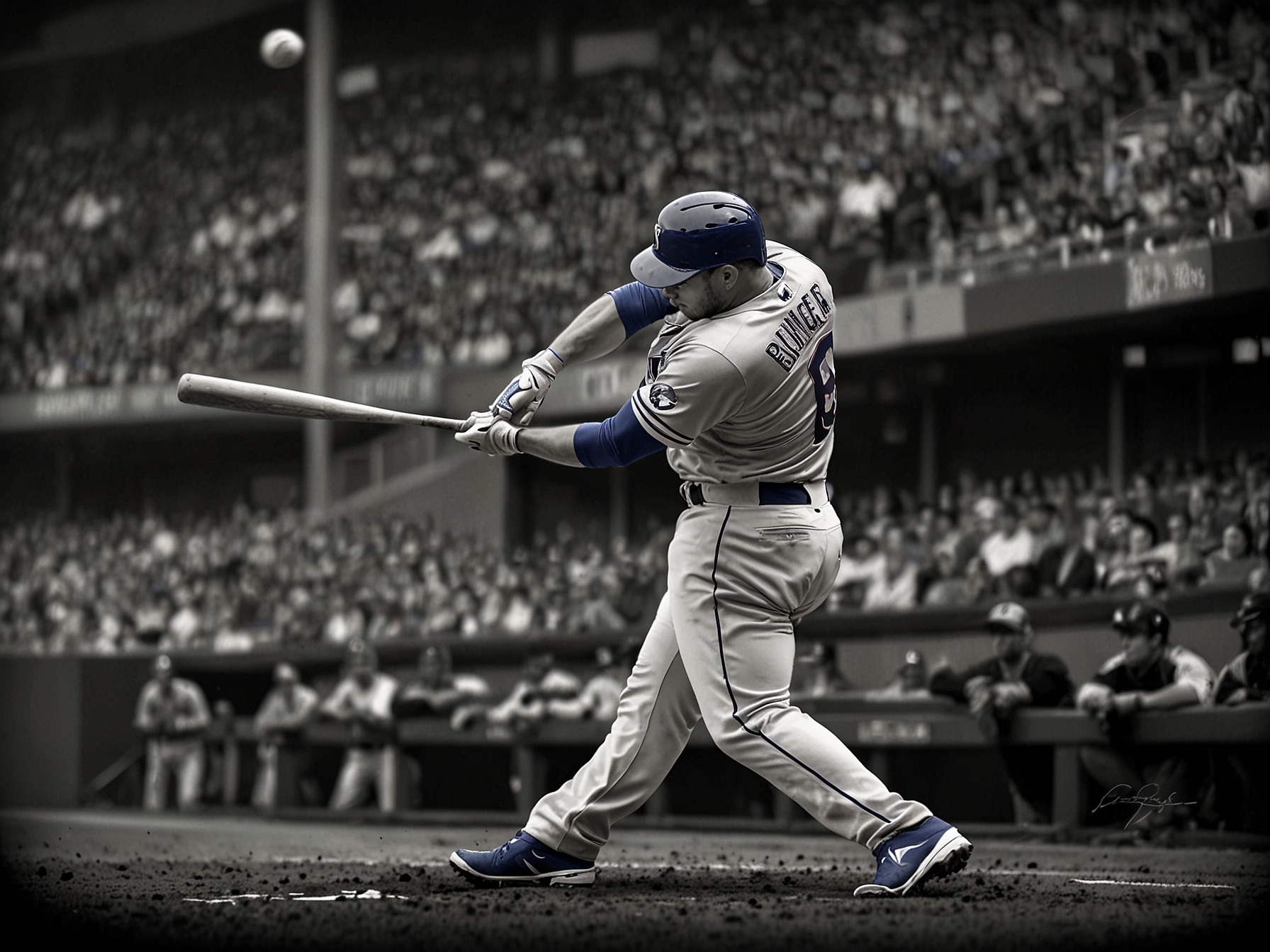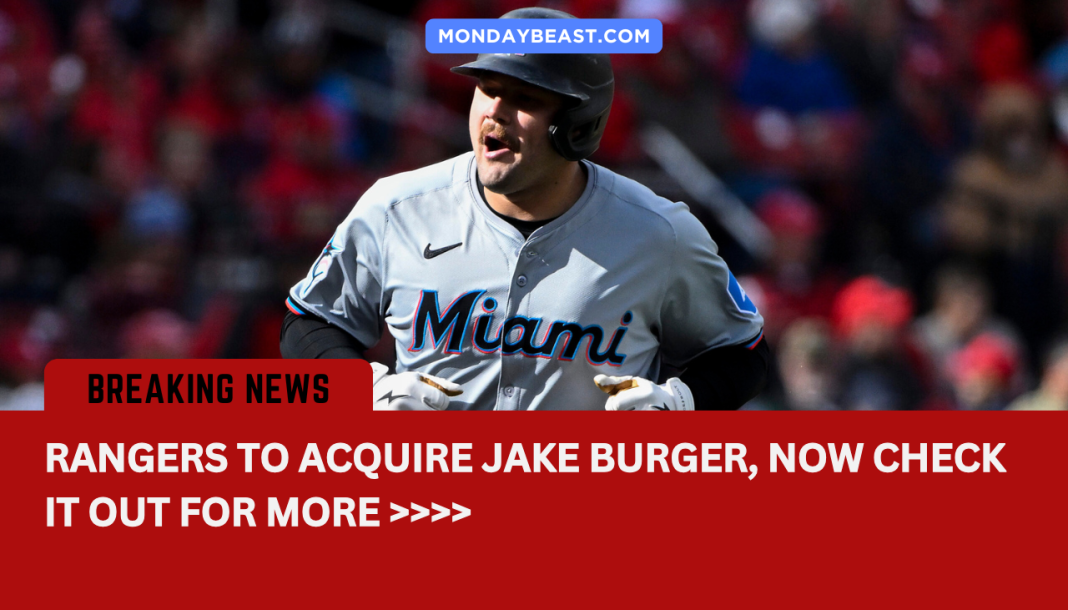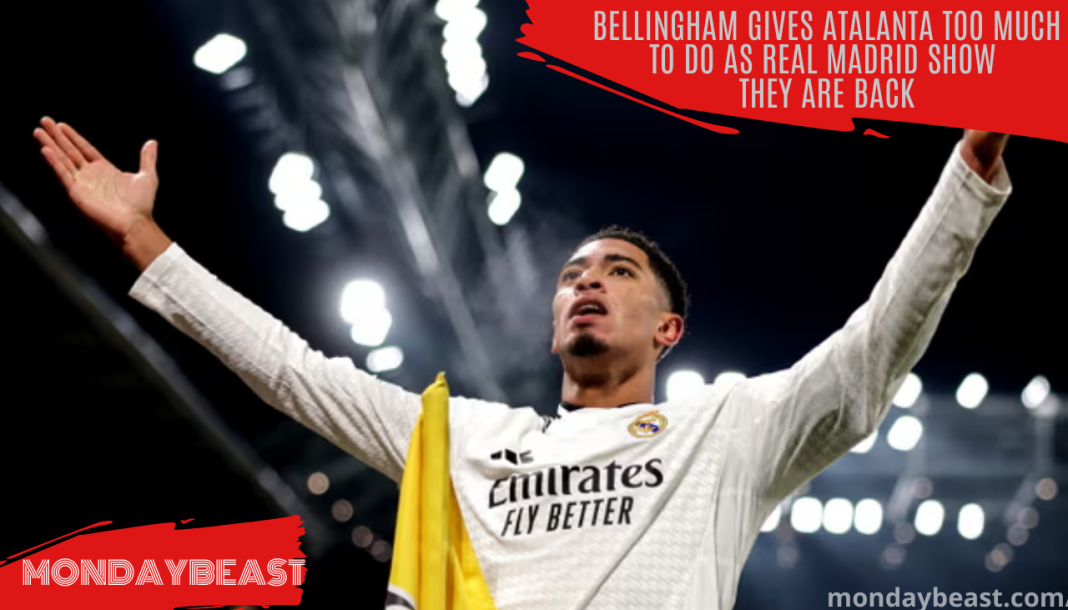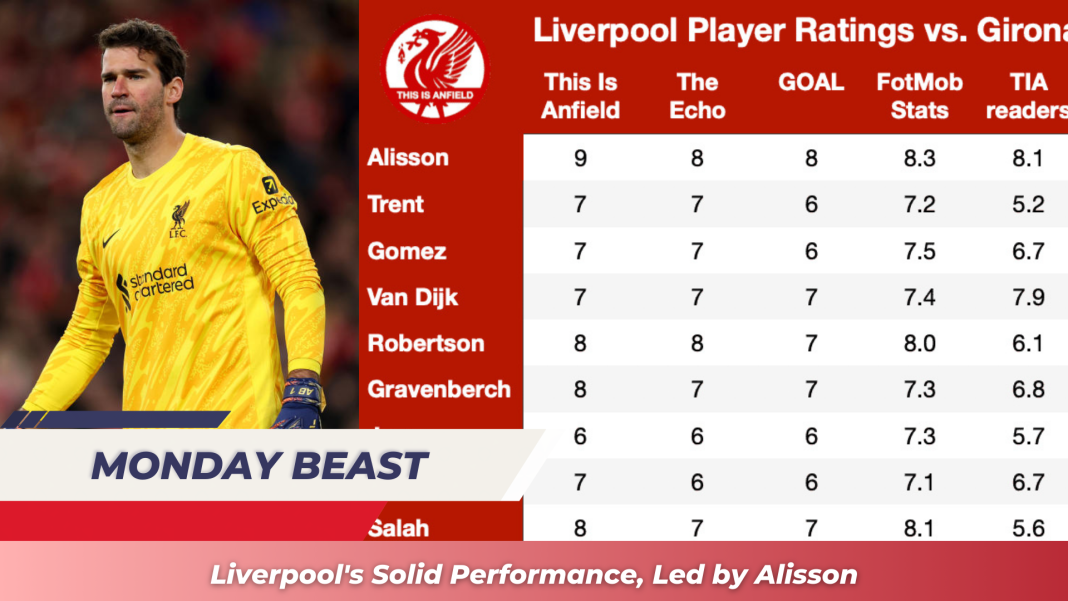Rangers Acquire Jake Burger
The Texas Rangers made headlines with a bold trade, acquiring Jake Burger from the Miami Marlins. This acquisition is poised to transform the Rangers’ offense, a facet that underperformed last season. But is this the fix they desperately need?
Burger, a corner infielder, brings a powerful bat to Texas. At 28 years old, he had a remarkable 2023 season, hitting 34 home runs across two teams. His .250 batting average and high slugging percentage suggest he can add significant pop. For a team that finished poorly in offensive stats, his arrival is like a bright flash in the dark.

This trade raises questions about roster dynamics. With his .238/.305/.380 team batting line, the Rangers struggled more than expected. Last season’s championship banner feels like a distant memory. Could Burger be the spark to reignite that flame?
What Does Burger Bring to Texas?
Jake Burger isn’t just your average slugger. His power numbers are impressive, tying for 15th in MLB homers over the last two seasons, showing he can compete with the best hitters. Yet, he’s a one-dimensional player, relying heavily on his bat, which raises eyebrows.
Yes, he strikes out at a higher-than-average rate, and walks aren’t a significant part of his game. Still, his ability to hit home runs against both left- and right-handed pitchers makes him a valuable asset for the Rangers. As they look to bolster their lineup, can he deliver the consistency they need?
The Rangers’ Strategic Puzzle

How will Burger fit into the Rangers’ game plan? He could step into the middle of the lineup, providing protection for hitters like Nathaniel Lowe. However, it’s clear that the Rangers face decisions ahead, as Josh Jung’s injury woes mean they need solid options at third base.
If Burger doesn’t start at third, he may find a home at designated hitter. With the potential to trade Lowe, these roster shuffles spark intrigue. Could this trade open a new chapter in Texas? Or will it merely patch a hole?
The Motivation Behind the Trade
From the Marlins’ viewpoint, moving Burger away is strategic. They add infield prospects Max Acosta and Echedry Vargas, plus pitching prospect Brayan Mendoza. It’s an attempt to reshape their roster under the fresh vision of Peter Bendix. It’s interesting to analyze this shift. Are they betting on potential rather than immediate rewards?

Acosta, at 22, is an advanced contact hitter, while Vargas, only 20, has an aggressive style. Both bring a mix of youth and skill to Miami’s lineup. Then there’s Mendoza, a lefty pitcher with strong fundamentals. Could he develop into a key player down the road?
Financial Implications
Notably, Burger’s contract is a boon for Texas. With the luxury tax threshold looming, having Burger under team control at a budget-friendly rate matters. They’ll pay him near the league minimum this season. This financial strategy indicates they aim to tighten their budget, avoiding hefty arbitration salaries.
The Rangers have a vision, yet balancing budgets and team improvement sparks debate. Are smart financial moves leading to a brighter future, or are they just a temporary fix? The front office’s choices will shape the franchise going forward.
Looking Ahead
So, what’s next for the Rangers? Can they capitalize on this trade? For fans clamoring for an explosive offense, Burger might be the answer to their woes. It’s a gamble, like many in baseball, but embracing change is part of the game.
As the season approaches, eyes will be on Texas. Will Jake Burger live up to the hype? Or will he become just another statistic? These questions linger, fueling fan conversations long into the night. Baseball, after all, is as much about the stories as it is about the games.




